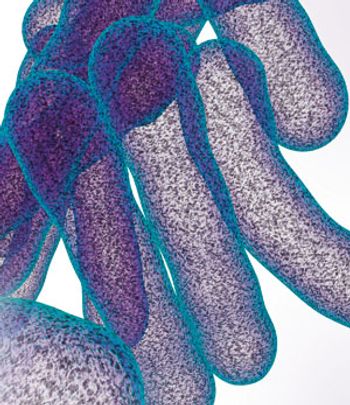
The Column
Solid-phase extraction (SPE) has been commercially available for nearly 25 years and is still finding new applications. Growth of this technique appears to be largely a function of the vendors' capability to provide specific application support, especially in clinical sciences, pharmaceuticals, toxicology, pesticides and residues analysis.






